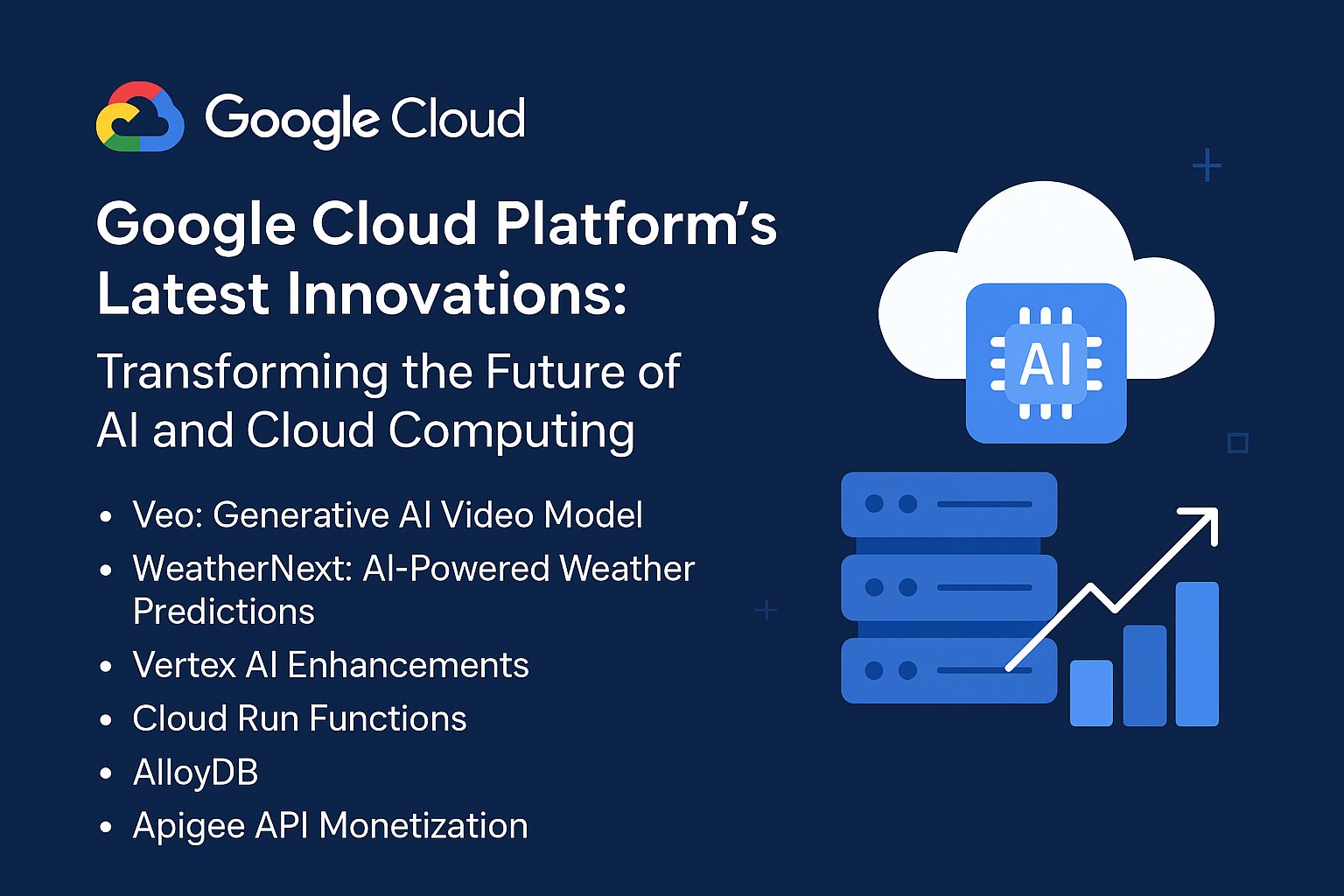Table of Contents
- Introduction to Drug Discovery in Pharma
- Overview of traditional drug discovery processes
- Challenges faced in drug discovery
- The Role of Cloud Computing in Pharma
- Introduction to cloud computing
- Benefits of cloud technology in pharma research and development
- AI in Drug Discovery
- How AI is transforming drug discovery
- Key AI technologies used in drug discovery
- How Cloud-Based AI is Enhancing Drug Discovery
- Integration of cloud and AI
- Specific applications and use cases of cloud-based AI in pharma
- Key Benefits of Cloud-Based AI in Pharma Drug Discovery
- Speeding up the drug discovery process
- Cost reduction in R&D
- Improving precision and efficacy
- Challenges and Limitations of Cloud-Based AI in Drug Discovery
- Data privacy and security concerns
- Technical challenges and integration issues
- Regulatory hurdles
- Case Studies and Real-World Examples
- Notable pharma companies using cloud-based AI
- Examples of successful drug discovery powered by cloud-based AI
- The Future of Cloud-Based AI in Drug Discovery
- Trends and future innovations
- How the field is evolving and potential advancements
- Conclusion
- Summary of key insights
- Final thoughts on the impact of cloud-based AI in the pharmaceutical industry
1. Introduction to Drug Discovery in Pharma
Drug discovery is the process by which new medications are discovered. It typically involves stages like target identification, hit identification, lead optimization, preclinical testing, and clinical trials. Traditional drug discovery is a lengthy, complex, and expensive process. It can take 10-15 years to develop a new drug, with high failure rates due to inefficiency in predicting effective treatments.
Resource link:
2. The Role of Cloud Computing in Pharma
Cloud computing allows pharma companies to store vast amounts of data, run complex simulations, and access computational power remotely. This enables faster data processing and collaboration across different departments and organizations. Cloud technology also provides scalability, meaning that companies can scale resources as needed without investing in expensive infrastructure.
Resource link:
3. AI in Drug Discovery
AI, or Artificial Intelligence, uses algorithms and machine learning models to analyze large datasets and predict which drug candidates may be effective in treating certain diseases. AI can also help in identifying biomarkers, designing drug molecules, and predicting the side effects of drugs before clinical trials.
Key AI technologies in drug discovery include:
- Machine Learning (ML): Algorithms that learn from data to make predictions and discoveries.
- Natural Language Processing (NLP): AI used to extract insights from scientific literature.
- Deep Learning: A subset of machine learning used for more complex pattern recognition.
Resource link:
4. How Cloud-Based AI is Enhancing Drug Discovery
Cloud-based AI platforms combine the computational power of cloud technology with AI’s ability to analyze data. This integration allows pharma companies to:
- Access AI tools without needing powerful local computing hardware.
- Collaborate more efficiently across global research teams.
- Scale their AI capabilities without the need for additional infrastructure investments.
- Accelerate the drug discovery process by leveraging real-time data analysis.
Examples include cloud services like Google Cloud, AWS, and Microsoft Azure providing AI and machine learning solutions tailored for pharmaceutical research.
Resource link:
5. Key Benefits of Cloud-Based AI in Pharma Drug Discovery
- Speeding up the drug discovery process: AI can process and analyze data much faster than human researchers, leading to quicker identification of drug candidates.
- Cost reduction in R&D: Cloud computing provides cost-effective solutions, removing the need for expensive physical infrastructure and reducing time spent on repetitive tasks.
- Improving precision and efficacy: AI’s ability to analyze complex biological data leads to more accurate predictions of how drug molecules will perform in clinical trials, reducing failure rates.
Resource link:
6. Challenges and Limitations of Cloud-Based AI in Drug Discovery
- Data privacy and security concerns: Sensitive data needs to be protected, especially in compliance with regulations like HIPAA or GDPR.
- Technical challenges and integration issues: Merging cloud solutions with existing pharma infrastructures can be complex and requires skilled professionals.
- Regulatory hurdles: The pharma industry is highly regulated, and new technologies must meet stringent requirements.
Resource link:
7. Case Studies and Real-World Examples
- BenevolentAI: A London-based AI company that leverages cloud-based AI to identify new treatments for diseases like Parkinson’s and ALS. Their platform helps pharmaceutical companies identify promising drug candidates faster.
- Exscientia: A leader in AI-driven drug discovery that uses cloud-based solutions to identify and optimize drug candidates for clinical trials.
- Insilico Medicine: Another example where AI is used for drug discovery, including applications in aging research.
Resource link:
8. The Future of Cloud-Based AI in Drug Discovery
The future of cloud-based AI in drug discovery is bright, with continuous advancements in AI algorithms, cloud scalability, and data collection. Innovations like personalized medicine, AI-driven biomarkers, and real-time clinical trial monitoring will continue to revolutionize the field. The combination of AI and cloud computing is expected to enable pharma companies to design more effective, targeted therapies with greater speed and accuracy.
Resource link:
9. Conclusion
Cloud-based AI has already begun reshaping the landscape of drug discovery by accelerating research timelines, lowering costs, and improving drug development precision. While challenges remain in data security and regulation, the future holds significant potential for transforming the pharmaceutical industry into a more efficient, data-driven sector.
Resource link:

